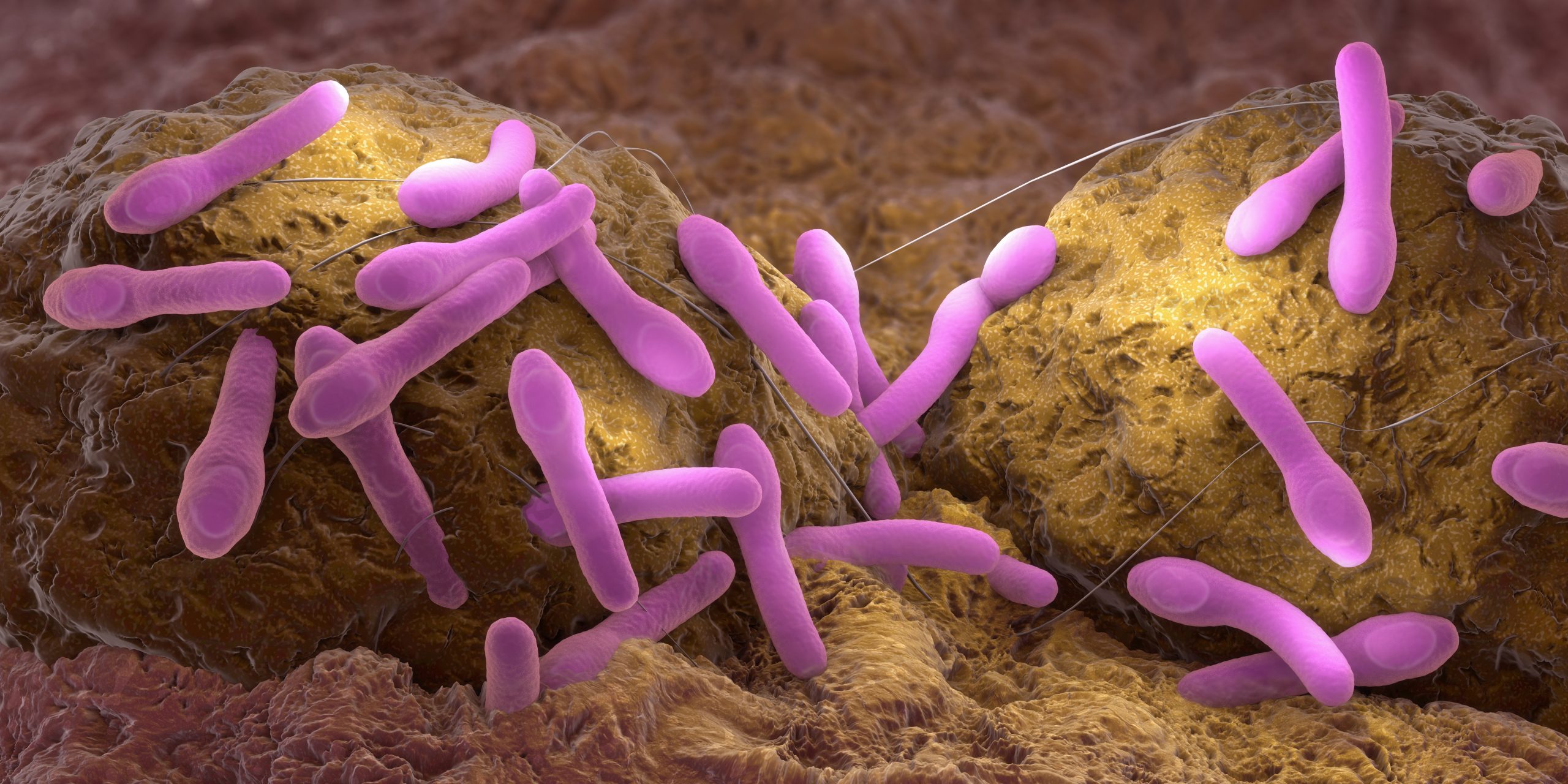Cold Brew Safety – What You Need to Know
By Dr. Mark Corey, NCA Director of Science & Policy
Updated: November 2, 2023

Over the past few years, cold brew has exploded in popularity. According to the Spring 2022 National Coffee Data Trends survey, the number of people drinking cold brew has doubled since 2016. While cold brew isn’t a new preparation method by any means, its newfound ubiquity calls for a clear voice on cold brew safety and preparation. That’s why the National Coffee Association has created the Cold Brew Safety Guide for Retailers, the newest addition to our Cold Brew Toolkit.
First, we should be very clear: Cold brew is perfectly safe when prepared, stored, and served properly. However, food safety and complying with myriad local, state, and federal health regulations is not an area suited to guesswork. Understanding the risks associated with mishandled food and the steps necessary to mitigate those risks is the responsibility of any food service establishment. The potential for foodborne illness that can result in sick customers, product recalls, and a damaged reputation makes our safety guide an absolute necessity for retailers that serve cold brew.
Foodborne illness and cold brew: What are the risks?
The main concern that health inspectors have regarding cold brew is the potential growth of bacteria (EDITOR’S NOTE 11/2/2023: NCA commissioned a challenge study to determine whether toxin-producing pathogens could grow in cold brew coffee. The results confirm that cold brew is extremely low risk for the growth of these pathogens. This post has been updated to reflect the new data, which you can find in our NCA Cold Brew Challenge Study Whitepaper — a valuable tool to have on hand when a health inspector visits your facility.) Health inspectors may be looking for a range of pathogens such as Escherichia coli O157:H7 (E. coli), Listeria monocytogenes (Listeria), Salmonella spp. (Salmonella), Staphylococcus aureus (Staph), Clostridium botulinum (C. bot.), and Bacillus cereus.
We encourage you to visit the NCA Cold Brew Resource Center which includes our newly-available Cold Brew Challenge Study White Paper, our Cold Brew Safety Guide for Retailers, and several other cold brew-focused resources.
Not a member? Join today.




